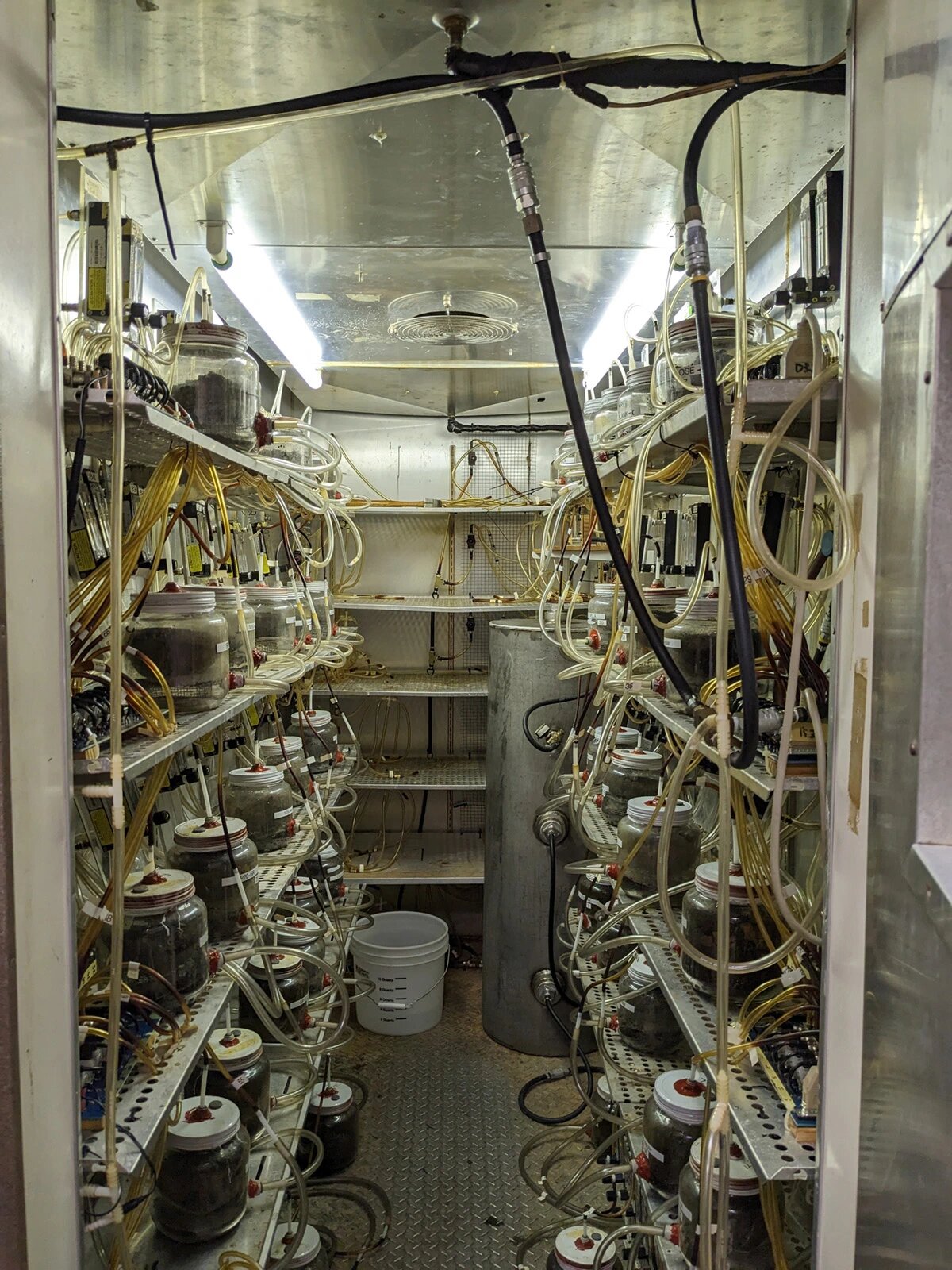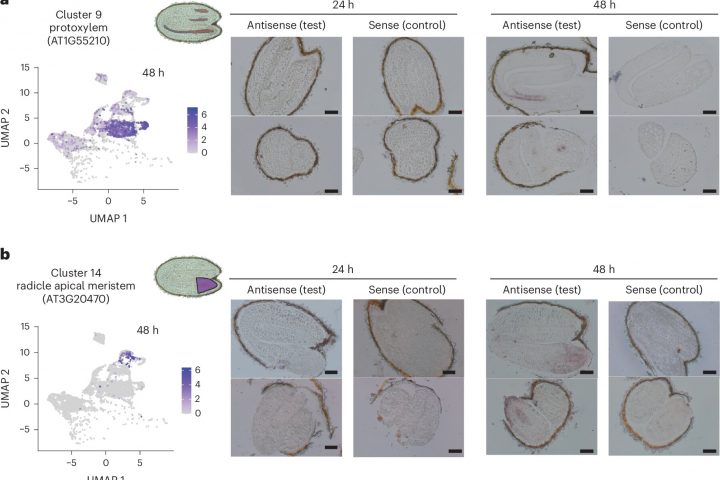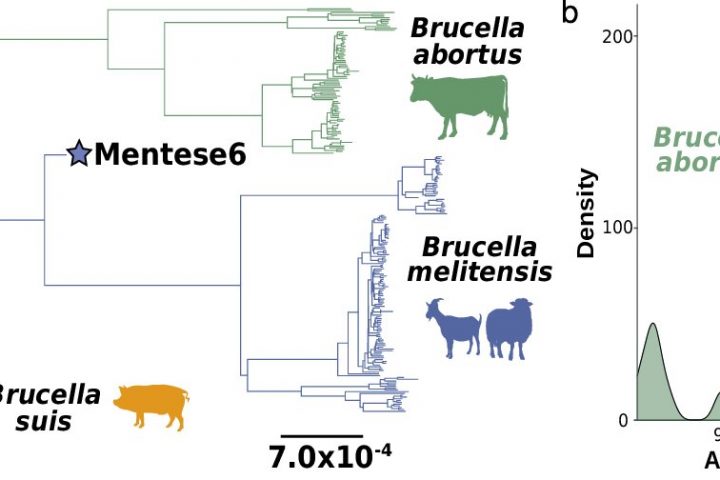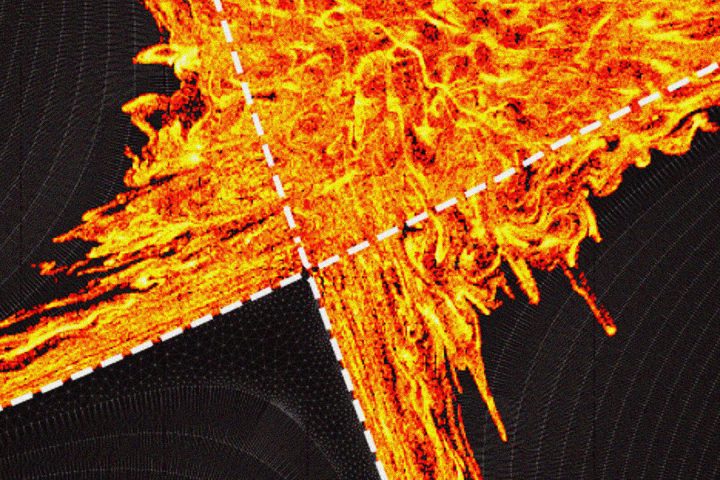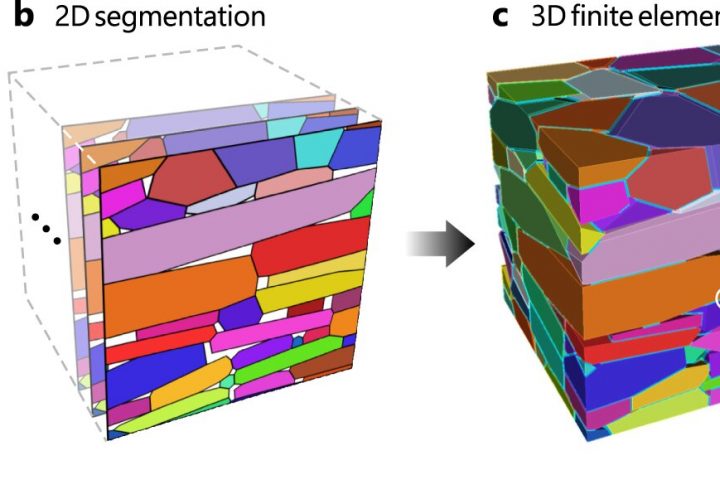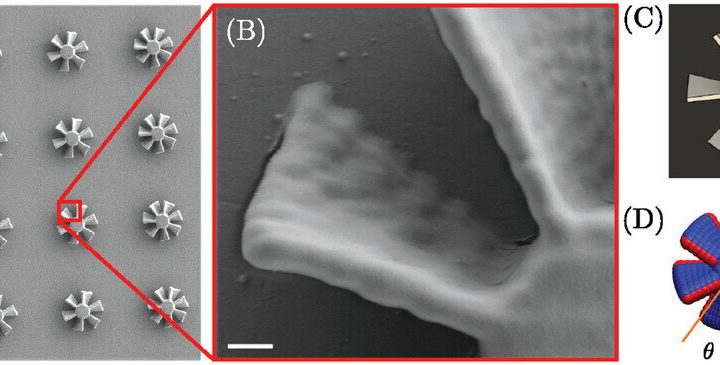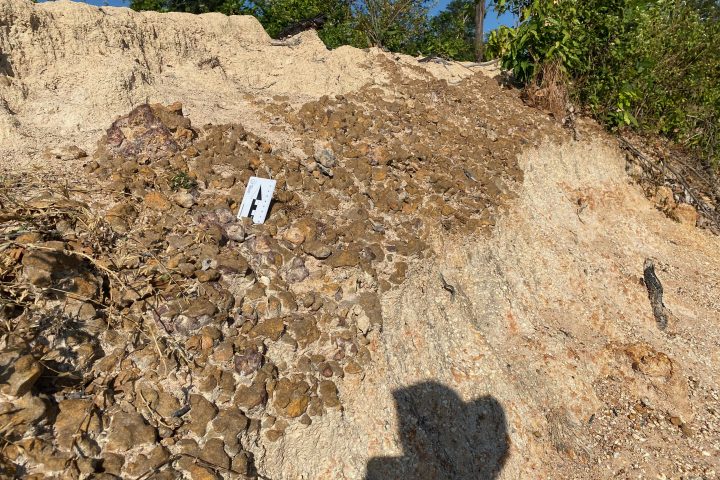Researchers from Michigan State University’s top-ranked School of Packaging have made a groundbreaking discovery. They have found a way to make a sustainable alternative to petroleum-based plastics more biodegradable. This development has the potential to revolutionize the plastic waste crisis that plagues our planet.
A team led by Rafael Auras, an esteemed professor and the Amcor Endowed Chair in Packaging Sustainability, has developed a bio-based polymer blend that is compostable in both home and industrial settings. Their research has been published in the prestigious journal ACS Sustainable Chemistry & Engineering.
The issue of plastic waste is a global concern, with less than 10% of plastic waste being recycled in the U.S. alone. This waste ends up in landfills, causing economic, environmental, and health problems. By creating biodegradable and compostable products, the team at Michigan State University aims to divert some of this waste and reduce the amount that goes into landfills.
One major advantage of their discovery is that plastics destined for composting no longer need to be cleaned of food contaminants, which has been a significant obstacle for efficient plastic recycling. Imagine being able to compost a coffee cup or a microwave tray with tomato sauce without the need for rinsing or washing. This breakthrough has the potential to simplify the recycling process and make it more accessible to everyone.
PLA and a ‘sweet spot’ for starch
The team focused on polylactic acid (PLA), a plant-based alternative to petroleum-derived plastics. PLA has been used in packaging for over a decade and is known to biodegrade in industrial composters. However, making PLA compostable at home seemed impossible until now.
Through their experiments, the researchers discovered that by integrating a carbohydrate-derived material called thermoplastic starch into PLA, they could significantly enhance its compostability. This starch provides composting microbes with a readily available food source, allowing them to break down the PLA more efficiently.
The team meticulously studied different PLA-thermoplastic starch blends to ensure that the addition of starch did not compromise the strength, clarity, or other desirable properties of regular PLA films. Their findings pave the way for the development of compostable plastics that retain all the benefits of traditional plastics while being environmentally friendly.
These groundbreaking experiments were conducted using state-of-the-art equipment and facilities at Michigan State University’s School of Packaging. The researchers are grateful for the resources and support they have received, as they strive to make a real impact in the field of sustainable packaging.
“There’s a reason why this is one of the best schools for packaging,” said Pooja Mayekar, a doctoral student involved in the research. With their innovative approach, the team at Michigan State University is leading the way towards a more sustainable future.
